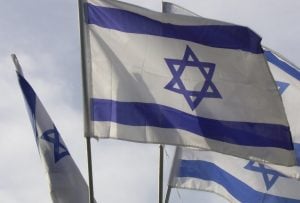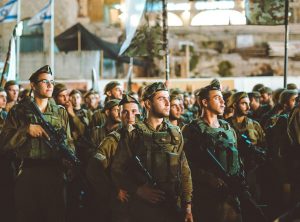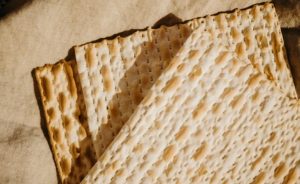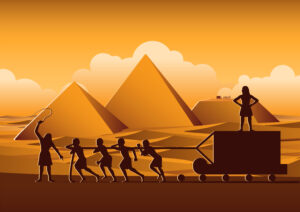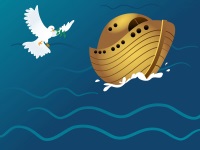 Name: Noach (Noah)
Name: Noach (Noah)
Reading: Genesis 6:9 – 11:32
Haftara: Isiah 66:1 – 66:24
Parsha Summary – Noach
God Commands Noah to Build the Ark
God sees how corrupt the world has become, and tells Noah that he is going to destroy the earth by flood. God commands Noah to build a waterproof ark from gopher wood measuring 300 x 50 x 30 cubits with a skylight and to take a pair of every kind of animal (and seven pairs of kosher animals) onto the boat with him. Aged 600, Noah fulfills God’s orders.
The Flood and the Birds
 A week after God’s warnings, it starts raining. It rains for 40 days and nights, and the 15 cubit deluge lifts the ark onto the water’s surface. Floodwater covers the earth for 150 days. Every land-dwelling creature that isn’t safe in the ark dies. After 150 days, God sends winds to blow away the water and brings the ark to rest on Mount Ararat. Noah releases a raven to look for dry land, followed by a dove that returns to the ark. A week later, he sends the dove out again and she returns with an olive branch in her beak, showing that the waters had abated. God releases Noah, his family, and the animals from the ark. Noah builds an altar and offers sacrifices to God.
A week after God’s warnings, it starts raining. It rains for 40 days and nights, and the 15 cubit deluge lifts the ark onto the water’s surface. Floodwater covers the earth for 150 days. Every land-dwelling creature that isn’t safe in the ark dies. After 150 days, God sends winds to blow away the water and brings the ark to rest on Mount Ararat. Noah releases a raven to look for dry land, followed by a dove that returns to the ark. A week later, he sends the dove out again and she returns with an olive branch in her beak, showing that the waters had abated. God releases Noah, his family, and the animals from the ark. Noah builds an altar and offers sacrifices to God.
The Noahide Laws
God gives Noah a moral code to live by: these commands were extrapolated to create what we call the Noahide Laws: a set of moral codes that apply to all people, regardless of their beliefs. They are:
- Do not worship idols
- Do not curse God
- Establish courts of justice
- Do not murder
- Do not commit adultery
- Do not steal
- Do not eat flesh torn from an unslaughtered (ie living) animal
The Rainbow (God’s Covenant)
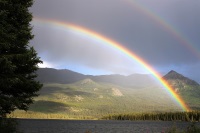 God makes a covenant with Noah, his children, and every animal that came with on the ark and all their descendants. He swears to never again use water against mankind and flood the earth again. He places a rainbow (keshet in Hebrew) in the sky as a sign of the covenant.
God makes a covenant with Noah, his children, and every animal that came with on the ark and all their descendants. He swears to never again use water against mankind and flood the earth again. He places a rainbow (keshet in Hebrew) in the sky as a sign of the covenant.
The End of Noah’s Life
After the flood, Noah’s family repopulated the barren earth. Noah plants a vineyard and makes wine. He gets drunk and falls asleep naked: one of his sons sees him and tells the others, who cover him with a blanket. Noah lives for 350 years after the flood and died aged 950. The lineages of Japeth and Ham (two of his sons) are listed.
The Tower of Babel
The world’s whole population speaks one language. The people decide to make bricks and build a city with a tower so tall that it reaches heaven. God confuses their languages so they no longer understand each other, then scatters them across the globe to build their own cities.
The weekly reading finishes by listing Shem’s descendants, and introducing Abraham.
Torah Takeaway
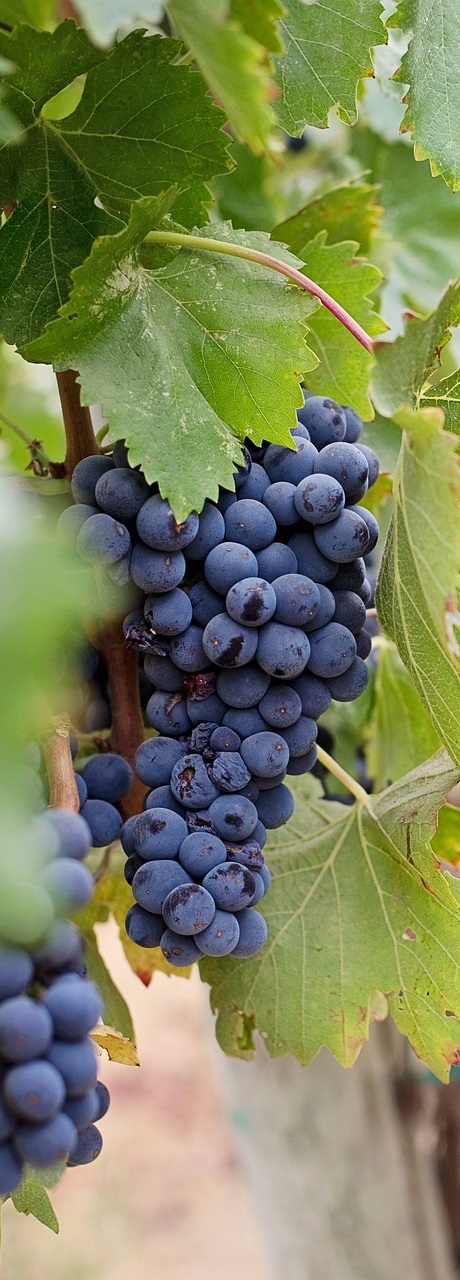 When we first meet Noah, he is described as “a righteous man, perfect in his generation”, and we’re told that he “walked with God” (Genesis 6:9). After the flood, he’s described as ish ha’adamah (Genesis 9:20): literally “a man of the earth”, this phrase refers to farming or husbandry.
When we first meet Noah, he is described as “a righteous man, perfect in his generation”, and we’re told that he “walked with God” (Genesis 6:9). After the flood, he’s described as ish ha’adamah (Genesis 9:20): literally “a man of the earth”, this phrase refers to farming or husbandry.
Noah may have been a farmer pre-flood; the Bible tells us clearly that he worked that land post-flood to plant a vineyard. But what happened to the lofty praise for the man who “found favor in God’s eyes” (Genesis 6:8)?
The lack of praise isn’t belittling or insulting; it’s there to teach us something crucial. When God needed someone to build a boat and ensure the continuance of humanity and all the animal species, it had to be someone uncorrupted with a pure faith. Noah – perfect in his generation – fit the bill.
When the earth needed repopulating and replanting, a righteous, perfect man wasn’t needed – a farmer was. Noah – boat-builder, animal-carer, and mankind-savior extraordinaire – shed his noble mantle and got to work as an ish ha’adamah – a laborer just like any other.
Revered as he was as a follower of God, Noah understood that in a post-apocalyptic world, he now had a different role to play. He took responsibility for the task at hand and became the farmer the earth needed for its rejuvenation.
Noah teaches us that there is no job too big or too small. To continue Bereishit’s theme of Tikkun Olam (repairing the world), it’s our responsibility to take on the task at hand and become the person the world needs at that point in time. Noah’s ability to seize responsibility and heal the world is what made him perfect in his lifetime.
